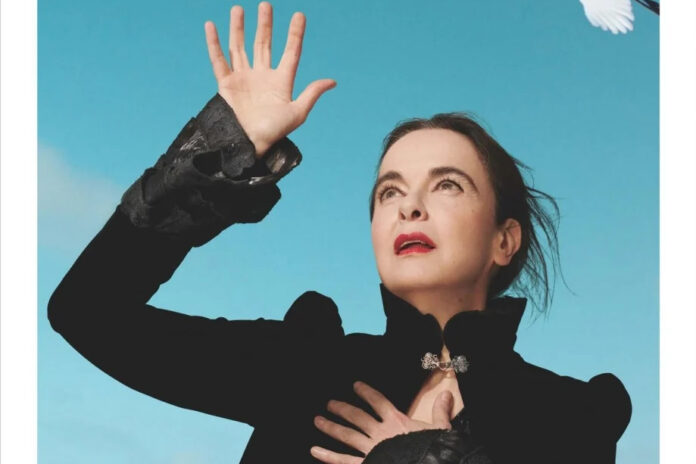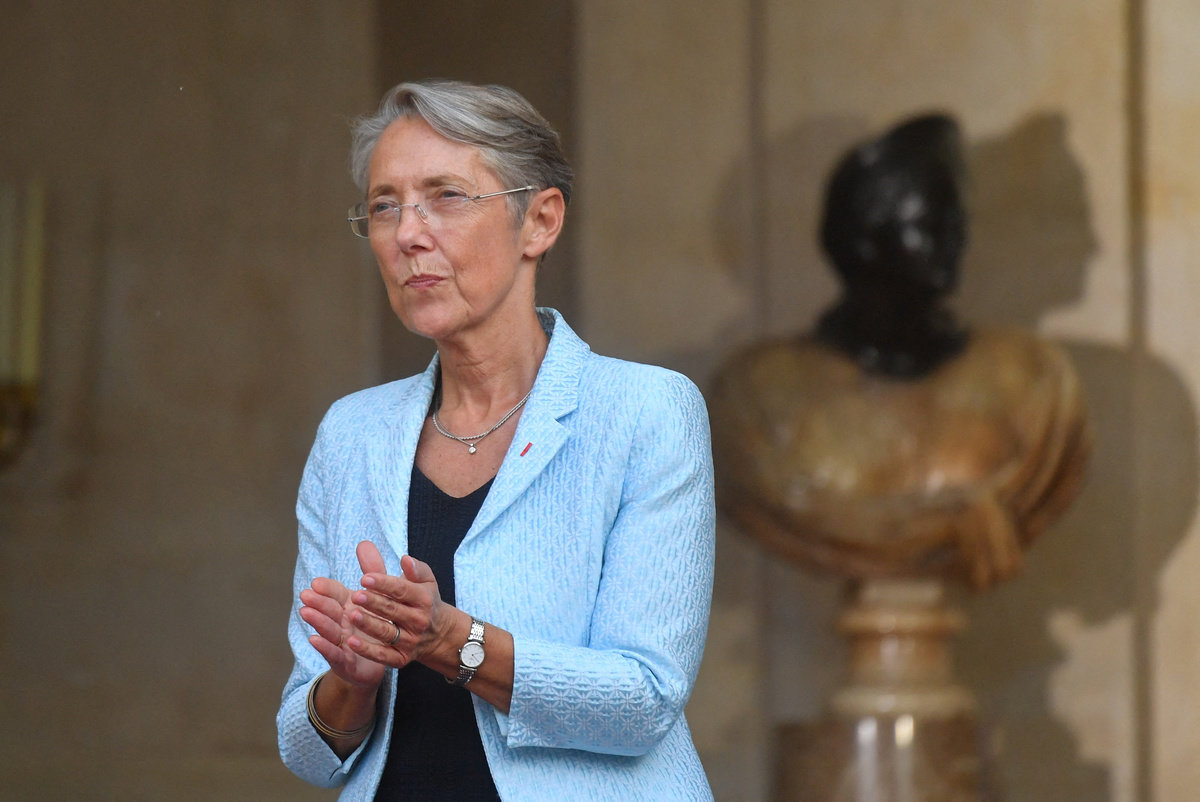To understand the full scope of the 32nd novel published by the Belgian literary star, elements of context may be necessary for readers who are not familiar with the drama experienced by the writer when she was 12 years old.
She had sketched it in a previous story. Lapidarily explained in an interview, years later. In Psychopompe, it is in a more frontal way, but still with a semi-metaphorical restraint, that she depicts this collective rape suffered while she was swimming in the Indian Ocean. “It was then that the hands of the sea took hold of me. Countless hands that did not belong to any visible body grabbed me, stripped me and possessed me. »
The common thread of the novel, sewn from the author’s fascination with birds, then takes on another dimension. Flapping its wings to surpass the event, at a time when taboo reigns supreme, it will cling to this avian lifeline and never let go of its aspiration to take flight. Because Psychopompe (term designating the entity escorting the deceased from one world to another, incarnated in certain mythologies in the form of a dove, a sparrow or a raven) above all dissects the relationship of Nothomb in writing, an ideal tool for gaining perspective (“Writing is flying,” she emphasizes), placing herself in the perfect lineage of her previous autobiographical stories. For anyone wishing to better understand the personal and artistic development of this tormented writer.















